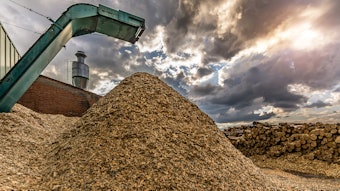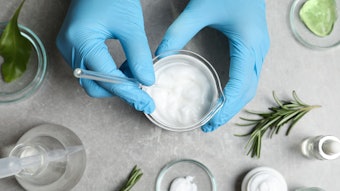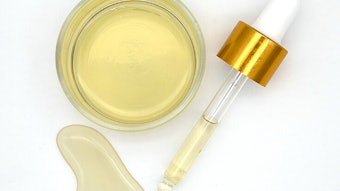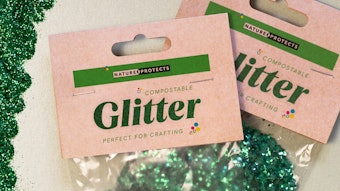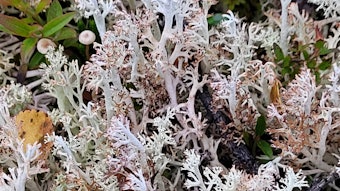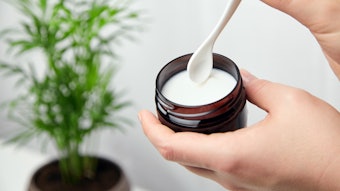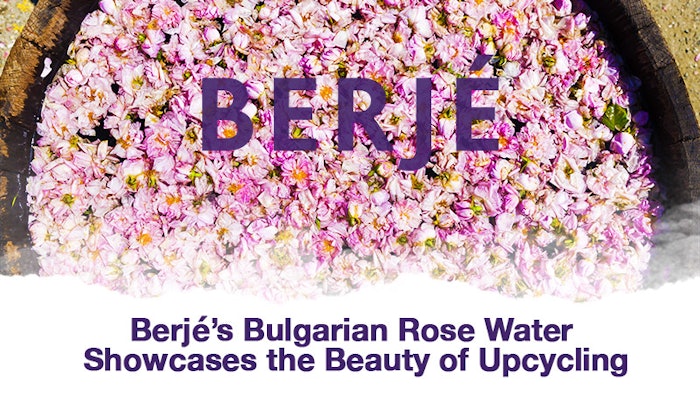
The Rose Valley of Bulgaria is one of the lushest and most verdant places on Earth. Deep beneath the shadow of Thracian temples and ancient Neolithic ruins, Rosa x damascena flowers are cultivated and distilled by local growing communities whose techniques have been preserved for countless centuries.
To produce just one kilogram of rose oil, farmers will typically need to hand-pick between 3-4 metric tons of rose petals from over 3,000 flowers. This is like gathering the body weight of an adult African elephant using nothing more than flower petals. But beyond the rich and gorgeous essential oil distilled from Bulgarian roses, the production process yields significant quantities of rose water.
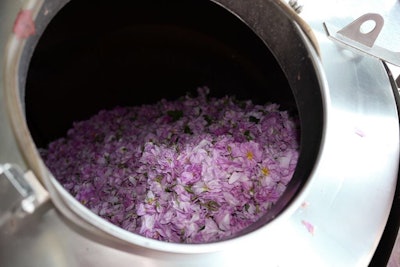
Rose water has been a staple component of cosmetics and fragrances for thousands of years. In medieval Europe it was customary to wash one’s hands using rose water in preparation for a feast. European monks, doctors and alchemists have all used rose water in their ointments and tonics dating back to the early 11th century.
For the families that have produced Bulgarian rose oil for generations, rose water is simply a byproduct of their steam distillation process. Due to the massive volume of rose petals needed to produce their essential oils, local distilleries also require a surplus of water. Once the distillation process ends these facilities are left with a large volume of fragrant water, which retain appreciable levels of rose oil.
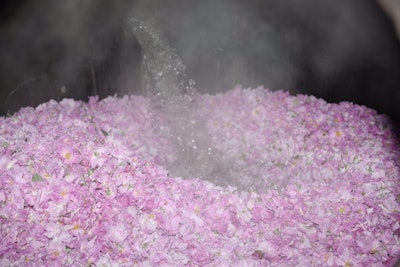
This is where Berjé, and our sister company Berjé Trakia, step in. Our facility in Bulgaria produces farm-to-bottle rose oil, and all the remaining liquids derived from this distillation process are upcycled into aromatic, easily usable rose water. Through creative or traditional applications, formulators can impart immense value and beauty to their products while also using sustainable materials that would otherwise go to waste.
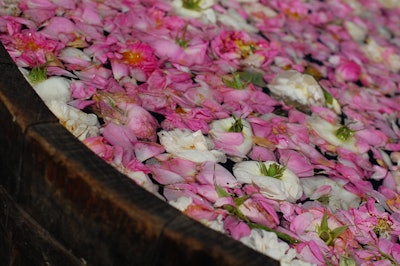
To request a sample of Berje’s Rose Water, please submit an online form here.
Disclaimer:
The above paid-for content was produced by and posted on behalf of the Sponsor. Content provided is generated solely by the Sponsor or its affiliates, and it is the Sponsor’s responsibility for the accuracy, completeness and validity of all information included. Cosmetics & Toiletries takes steps to ensure that you will not confuse sponsored content with content produced by Cosmetics & Toiletries and governed by its editorial policy.
